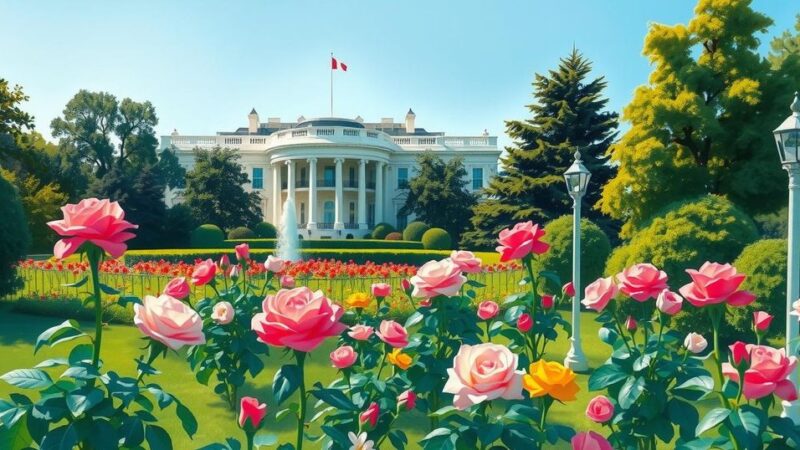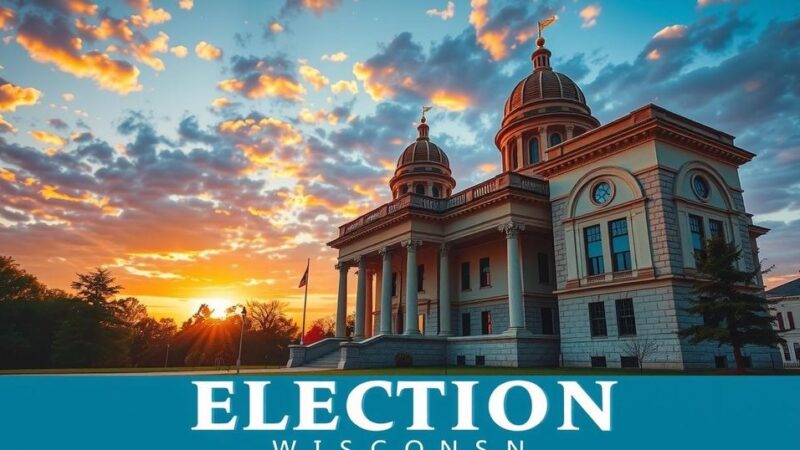Argentina’s Congress has approved talks with the IMF for a new financial program, despite a split vote in the Chamber of Deputies. This move aims to address the country’s financial challenges and negative reserves while allowing for the potential removal of capital controls. President Milei, facing criticism for bypassing standard legislative processes, has seen recent market gains but is managing rising poverty and public unrest against austerity measures.
On Wednesday, Argentina’s lower house of Congress approved the government’s initiative to commence discussions with the International Monetary Fund (IMF), marking a significant step towards stabilizing the country’s financial situation. This approval followed the passage of a decree from President Javier Milei’s administration, which aims to set a new IMF program in motion, despite hurdles presented by opposition votes.
The Chamber of Deputies voted 129 in favor, 108 against, and six abstentions, thus allowing negotiations to proceed. The approval is critical for Argentina, the IMF’s largest borrower, currently contending with negative net foreign currency reserves due to years of economic mismanagement and regular defaults. The government emphasizes that a new deal is necessary to strengthen the central bank’s financial health and eliminate long-standing capital controls.
Despite having a minority in Congress, President Milei has garnered support from conservatives and moderates to advance his agenda. The passing of the decree was celebrated widely, leading to a positive reaction in the financial markets as evidenced by a 4.5% rise in local stocks and gains in bond trading after hours. However, some lawmakers, including moderate Peronist Miguel Pichetto, expressed reservations about the method of bypassing standard legislative procedures.
While Milei initially succeeded in reducing inflation and cutting the fiscal deficit following his unexpected election victory in 2023, he now faces increasing poverty levels and unrest stemming from his stringent austerity measures. Protests against his government, notably among pensioners affected by these measures, have escalated, with significant turnout expected in front of Congress due to recent unrest during retirees’ demonstrations.
The recent approval by Argentina’s Congress to initiate discussions with the IMF is a pivotal moment for the nation’s economy. Despite a narrow vote and concerns about the procedures followed, the government is optimistic about revitalizing its finances and alleviating long-standing capital restrictions. As Argentina grapples with economic challenges, ongoing monitoring of public sentiment and potential opposition will be essential as Milei’s administration moves forward with austerity and reforms.
Original Source: www.straitstimes.com






